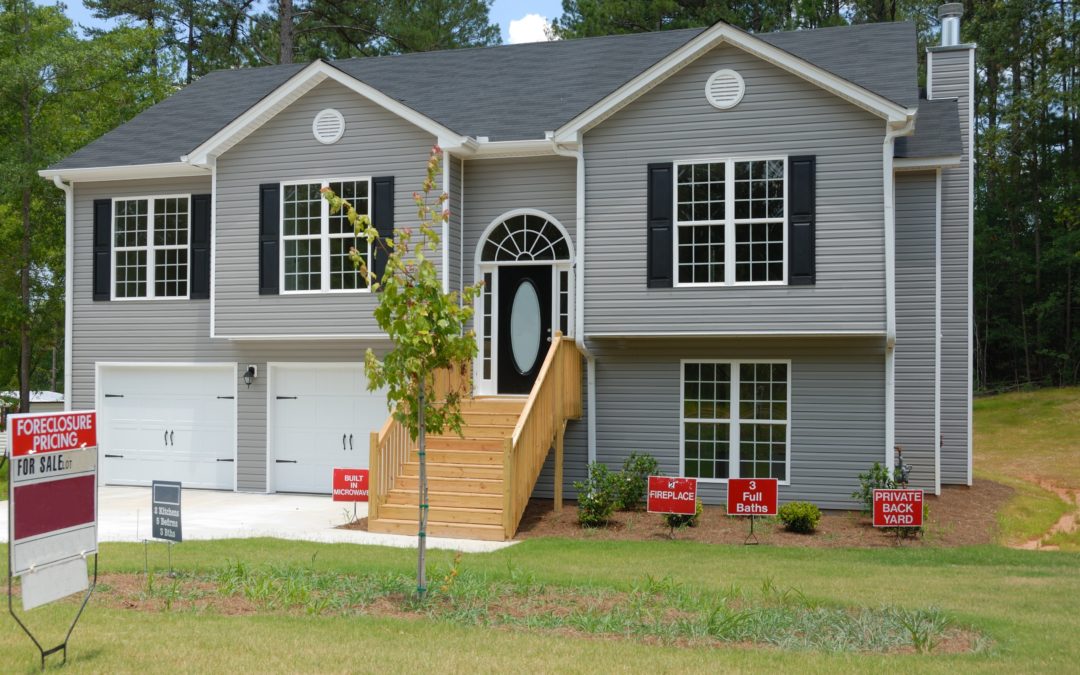Congratulations! You’re about to become a homeowner! It’s both an exciting and terrifying time, as you navigate the real estate marketing looking for an affordable home that you also love. There are a lot of factors you may know with buying a home and it’s important that you know them before making the big decision. As you take a big step towards home ownership, below are five important things to consider when buying your first home.
1. The Roof
A roof in need of repair should be among the first features to check before settling on a property. Take a look at the roof before even entering the home. What material is it? Some roofing materials last longer than others. Consider the stability of the roof in relation to the environment the house is in. For instance, if the place is windy, then you will need a very sturdy roof. Look at the roofline for deflections. Watch out for damaged or detached shingles that can cause leaks. 2. A House Is An Investment Keep this in mind when you are buying your new home because there could come a time when you may need to sell it. This is where all that maintenance will come in handy. By keeping everything in tip-top shape, the value of your home will also stay in good shape. In addition, when looking at homes, take note of what DIY projects you can do to help increase the value of your home. From installing glass doors in your home to replacing the carpet with wood flooring, you’re options are endless when you treat your house as an investment.
3. Property Taxes
Owners of real property must pay property taxes. In many cases, your mortgage lender will collect this as part of the monthly mortgage payment, otherwise, the homeowner must pay on their own. Also, find out how often the county you are moving to reassesses tax valuations and determine the last time your property was assessed in order to prepare for potential changes.
4. Is Everything Up To Code?
The ASHI Standards of Practice states that home inspectors are required to report on unsafe conditions, but you may also want to have a code inspector look at the property. If anything is out of code, then it’s your responsibility as the new homeowner to fix it. In addition, always do a home inspection. A home inspector has a checklist covering the roof to the basement and everything in between. Having an experienced home inspector can save you headaches in the future, especially if they uncover major structural issues that could make or break the sale. If you don’t mind a “fixer upper”, then this would also give you an idea of the potential work that you have ahead of you. However, if there is more work than either you or the seller can reasonably fix, then you might need to consider another option.
5. Land/Neighborhood
Don’t spend too much time evaluating the house that you disregard the land it is on. Learn the characteristic of that piece of land. Does it have a tendency to flood? If you are planning to get an in-ground pool, a rocky ground will present some limitations. Analyze the fencing and landscaping options that the land offers. Consider the parking space that you will have as well. At the same time, drive around the neighborhood to get a feel for your potential neighbors. Are there more retired couples, families or singles in the area? This is key if you have family—finding out if you live near families with kids around the same age as your own. Do some research online as well to see crime rates, registered sex offenders, etc in the neighborhood. All in all, keep these five tips in mind when on journey towards homeownership.


